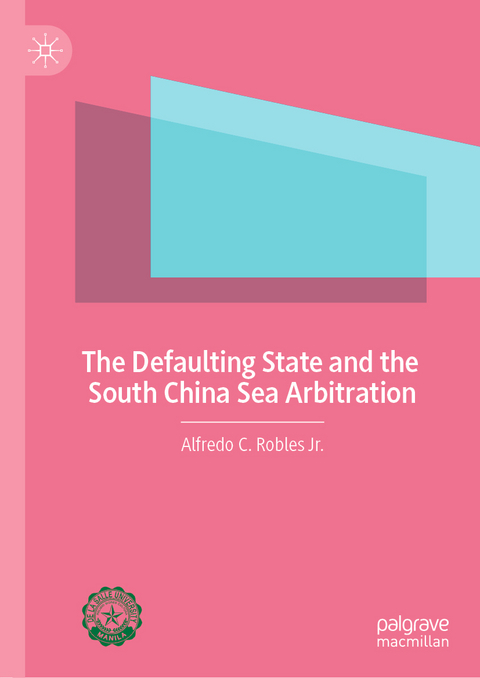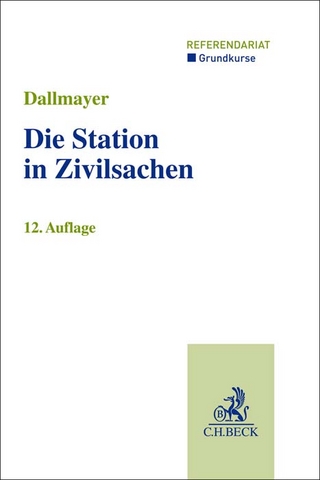
The Defaulting State and the South China Sea Arbitration
Palgrave Macmillan (Verlag)
978-981-19-6393-3 (ISBN)
The book argues that the Tribunal, confronted with the difficulties of maintaining the balance between two parties in a situation of default, drew on the full range of its powers to ensure that neither China nor the Philippines would suffer from China’s default. Further, the book describes the shortcomings of the submissions of putative amicus curiae. It refutes China’s questioning of the independence and impartiality of the experts and of the judges. In so doing, it explains the expert opinions and the Tribunal ’s assessments of the latter in the areas of satellite imagery, coral reef ecology, and navigational safety, while rebutting the half- truths and counter-truths disseminated by Chinese scholars about the proceedings. The book compares China’s threats to the independence of the Tribunal to its behavior towards Chinese judges. It places China’s accusations of bias against the Tribunal in the context of China’s domestic situation, and concludes that the Tribunal, acting independently and impartially, was able to perform the judicial function, despite China’s default.
Alfredo C. Robles Jr. is a University Fellow at De La Salle University, Philippines. He holds doctorate degrees from the Université Paris 1 (Panthéon-Sorbonne), and Syracuse University. He is the author of French Theories of Regulation and Conceptions of the International Division of Labour (1994), The Political Economy of Interregional Relations: ASEAN and the EU (2004), The Asia-Europe Meeting: The Theory and Practice of Interregionalism (2008), The South China Sea Arbitration: Understanding the Awards and Debating with China (2018), Endangered Species and Fragile Ecosystems in the South China Sea: The Philippines v. China Arbitration (2020), and Vessel Collisions in the Law of the Sea: The South China Sea Arbitration (2022).
Chapter 1: Introduction.- Chapter 2: The Defaulting State and the Jurisdiction of Annex VII Arbitral Tribunals.- Chapter 3: The Defaulting State and Fact-finding in the South China Sea Arbitration.- Chapter 4: The Defaulting State and the Experts in the South China Sea Arbitration.- Chapter 5: The Defaulting State, the Appointing Authority, and the Judges In the South China Sea Arbitration.- Chapter 6: Summary and Conclusions.
| Erscheinungsdatum | 01.06.2023 |
|---|---|
| Zusatzinfo | 1 Illustrations, color; 1 Illustrations, black and white; XXV, 608 p. 2 illus., 1 illus. in color. |
| Verlagsort | Singapore |
| Sprache | englisch |
| Maße | 148 x 210 mm |
| Themenwelt | Recht / Steuern ► EU / Internationales Recht |
| Recht / Steuern ► Privatrecht / Bürgerliches Recht ► Zivilverfahrensrecht | |
| Sozialwissenschaften ► Politik / Verwaltung ► Europäische / Internationale Politik | |
| Schlagworte | China’s attitude to International Law • China’s maritime disputes • Default and international courts • Independence and impartiality of international judges • Non-appearance and international courts • Remote Sensing and International Courts • Satellite Imagery and International Courts • South China Sea Arbitration • UNCLOS dispute settlement |
| ISBN-10 | 981-19-6393-2 / 9811963932 |
| ISBN-13 | 978-981-19-6393-3 / 9789811963933 |
| Zustand | Neuware |
| Informationen gemäß Produktsicherheitsverordnung (GPSR) | |
| Haben Sie eine Frage zum Produkt? |
aus dem Bereich


